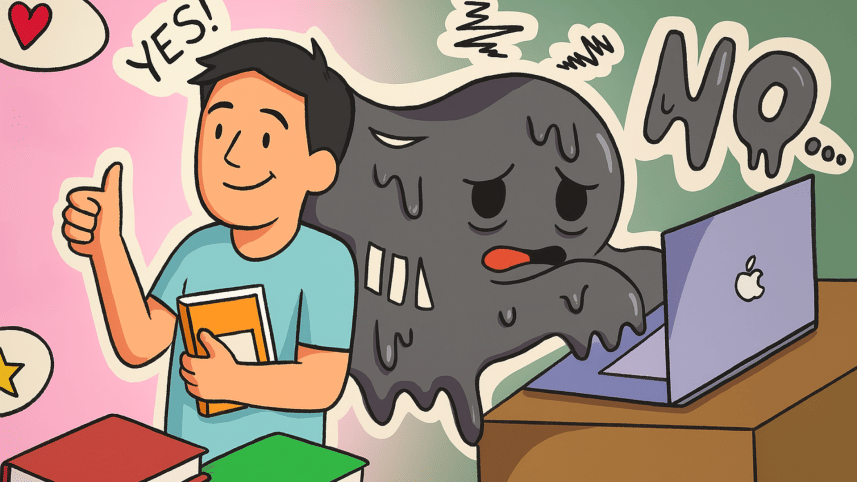Can being too nice weaken your body’s defences?

The phrase "people‑pleasing" often carries emotional weight — an urge to say yes, even when you mean no; a tendency to smooth over conflict until your own needs fade away. We seldom frame it as a health issue.
But emerging research shows that chronic people‑pleasing — underlying, persistent stress shaped by trying to meet others' expectations — can lead to biological consequences, including inflammation and immune system dysregulation.
Harvard Health explains that stress‑related changes in the immune response can alter the immune system, leading to a chronic low‑grade inflammatory response.
In other words: the body stays in alert mode, immune cells are activated more often than they should be, and inflammation becomes persistent — exactly the kind of terrain in which autoimmune conditions can gain a foothold.

One Swedish national study found that people with clinically diagnosed stress‑related disorders had a higher incidence of autoimmune disease years later. Their rate was about 9.1 cases per 1,000 person‑years, compared with 6.0 among unexposed peers.
While this doesn't mean stress causes autoimmune illness outright, it strongly suggests stress creates fertile ground for self‑attacking immune responses.
When someone is locked into people‑pleasing behaviour, the underlying dynamic is continuous effort, suppression of self‑interest, and often, internal discomfort. It's not just one late night — it's dozens of small decisions: not speaking up, suppressing frustration, avoiding conflict. These may not trigger alarms individually, but cumulatively, they keep the stress system turned on.
The takeaway: being overly accommodating, suppressing your own needs, and staying in a state of tension may seem like values of kindness or cooperation — but biologically, they may be signalling your body to stay inflamed, vigilant, and under strain. That's not just exhausting — it's potentially a silent contributor to immune misbehaviour and autoimmunity.
Getting off the track of constant appeasement isn't just a psychological win. It might be a meaningful step toward immune system protection.



 For all latest news, follow The Daily Star's Google News channel.
For all latest news, follow The Daily Star's Google News channel.
Comments